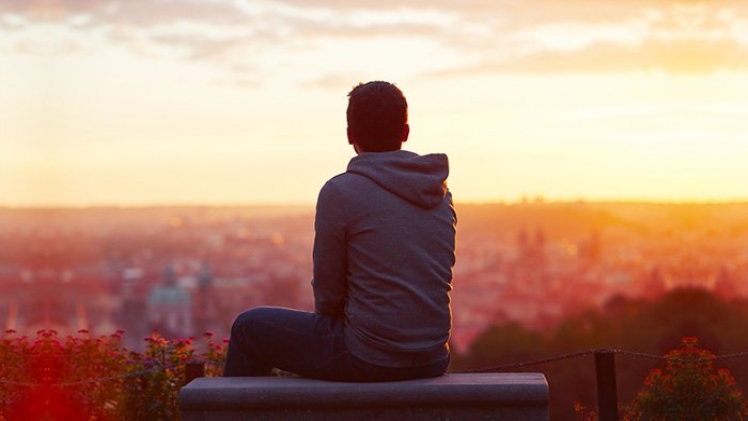Loneliness is now an epidemic in the U.S., the U.K., and increasingly around the world. The problem is so chronic and widespread that a growing chorus of researchers now say it is a more dangerous public health problem than even smoking or obesity.
Scientists have long known that loneliness can trigger depression and other psychiatric disorders. Only recently have they discovered that social isolation causes changes in the body at the cellular level. These changes can result in inflammation, a risk factor for many physical and mental health conditions. Left unaddressed, then, loneliness can escalate to a point where a person needs mental health treatment or has a serious physical issue.
On the other hand, regular socialization with friends and other people can make you feel less lonely. The key, though, is being able to recognize when you are lonely, and that is not always self-evident. Loneliness may not necessarily register as a gnawing or intense feeling of isolation. If that is the case, these lesser-known signs of loneliness may be an indication that it is time to socialize more…
Eating More Than Usual
A study this year set out to further explore the neurobiological effects of loneliness, by placing single fruit flies in test tubes. Like human beings, flies are social creatures and often exhibit similar behaviors. The researchers found that the solitary fruit flies began eating more than other flies housed in pairs or groups. That discovery squares with earlier research suggesting that overeating tends to co-occur with loneliness.
Sleeping Less and More Tiredness
The same study mentioned above (and published in the journal Nature), also found that the flies that were in solitary confinement began to sleep less than the flies that had company. Similarly, earlier research has revealed that people who report feeling lonely also tend to report more sleep problems than their non-lonely counterparts. In other words, poor sleep—and, in turn, more tiredness or a sense of not feeling rested during the day—may be another cue to socialize more.
Over-Consumption of Alcohol or Drugs
When people were quarantining during the pandemic, the higher rates of social isolation tended to correlate with higher rates of drug and alcohol consumption. It is not hard to see why. One major reason why people drink too much or use other drugs is to relieve painful feelings like loneliness. The individual may not be aware they are lonely. They may only notice that they are drinking more during the day or turning to prescription drugs more often. (If you’re struggling to reduce your substance use, drug or alcohol treatment may be the answer to getting healthier and addressing triggers like loneliness.)
Binge-Watching TV or Shopping A Lot
Behaviors like binge-watching TV or shopping a lot can also be escape mechanisms for unwanted loneliness. For example, in a 2013 article in the Journal of Consumer Research, the professor Rik Pieters noted that shopping and materialism are often efforts to relieve loneliness and often only end up worsening these feelings of isolation.
At a time when loneliness is claiming more lives than smoking or obesity, according to experts, self-awareness is key to making healthy lifestyle choices that reduce feelings of isolation and its harmful effects. Yet not everyone who is lonely is aware that they are. If that describes you, remember these four little-known signs that you could be lonely: eating more than usual; sleeping less and feeling more tired; drinking more or using more drugs; and/or shopping a lot or binge-watching TV. They could be cues to start socializing more.

